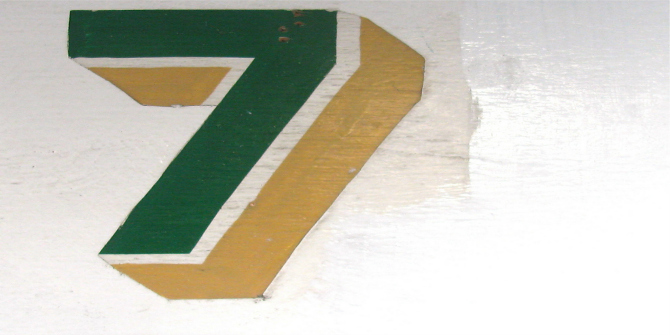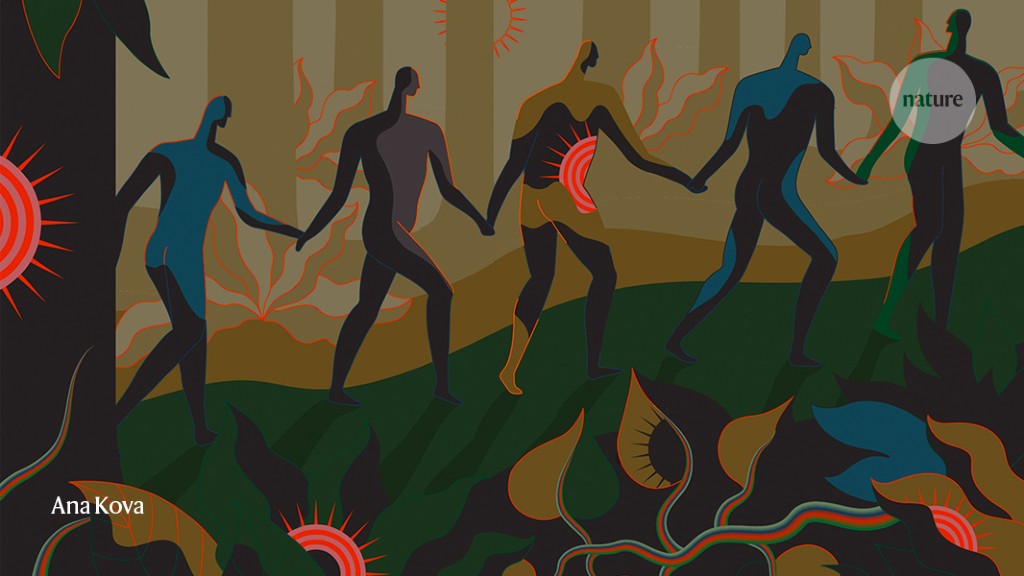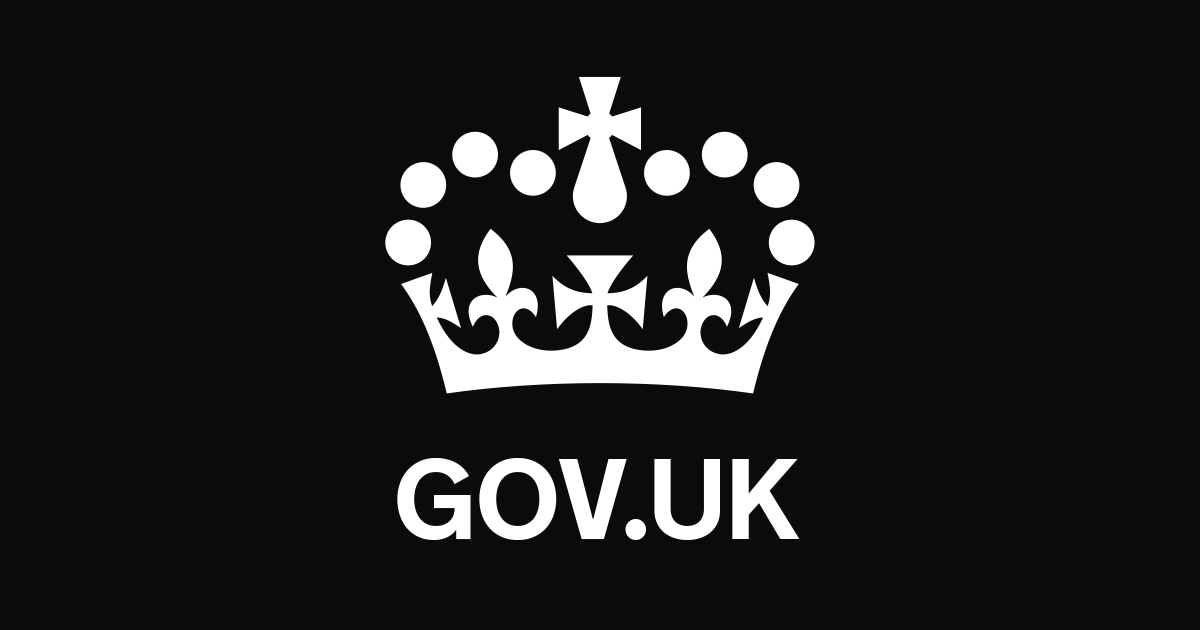Send us a link
The Impact of AI on Work: Implications for Individuals, Communities, and Societies
The Impact of AI on Work: Implications for Individuals, Communities, and Societies
The impact of AI technologies on work and working life, and renewed public and policy debates about automation and the future of work.
20 Ways Blockchain May Improve Education
26 ways that digital ledger technology could be deployed by school districts, networks, postsecondary institutions and community-based organizations to improve learning opportunities.
BlockchainForScience.com
Information about Blockchain for Science, Research and Knoweldge creation. The decentralized future of science. Blockchain bears the potential to make science more effective, make research continous, free data and fix the reproducibility crisis in science.
Scientific Publishing Is Rigged - at Our Expense
If 'money makes the world go round' then the world of scientific publishing has proved to be no exception to the rule.
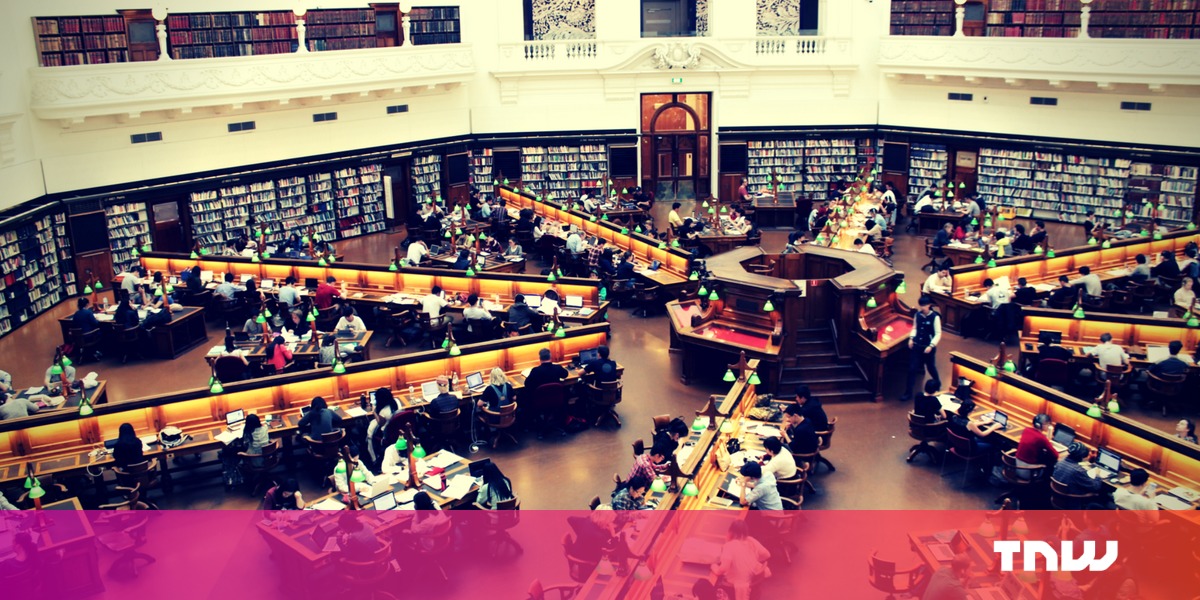
A New Paradigm for the Scientific Enterprise: Nurturing the Ecosystem
Forget Chess: Artificial Intelligence Is Now Debating People
New IBM system shows off argumentation skills.
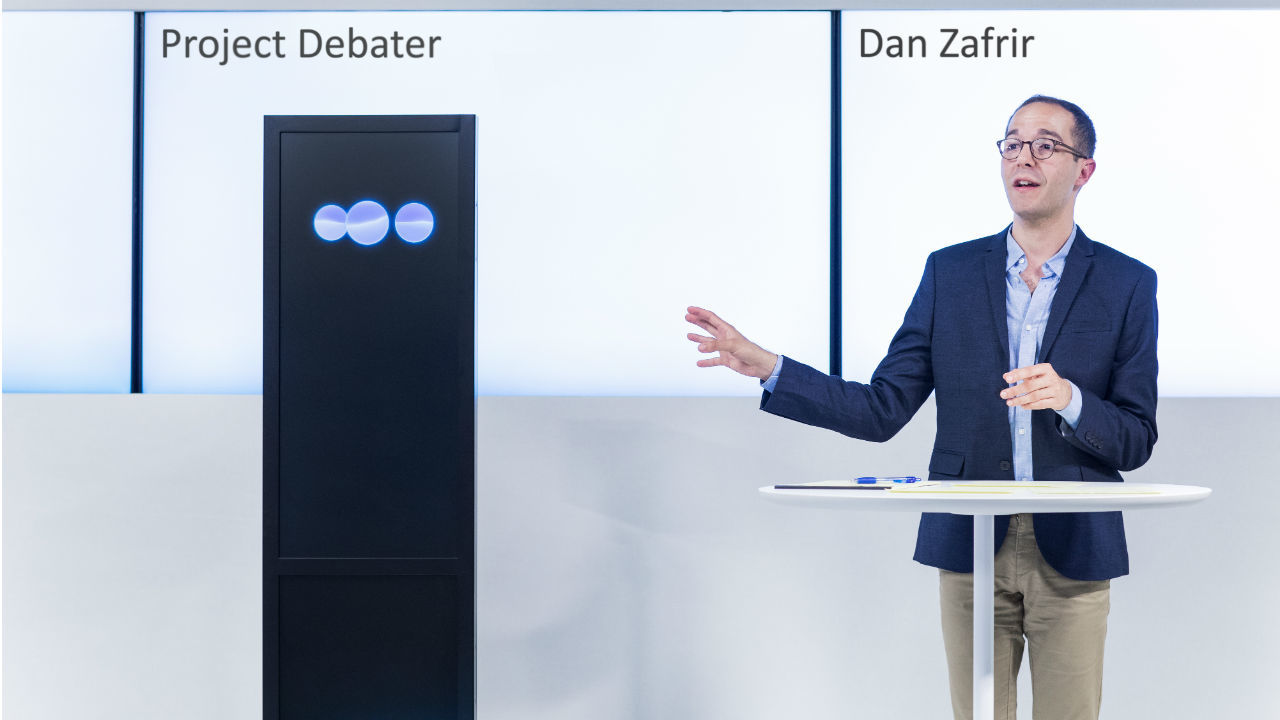
Creating Research Value Needs More Than Just Science - Arts, Humanities, Social Sciences Can Help
Creating Research Value Needs More Than Just Science - Arts, Humanities, Social Sciences Can Help
Mobilising value from science and technology needs help from thinkers, designers, makers, policymakers, and enablers - and this expertise often sits in the humanities, arts and social sciences domain.
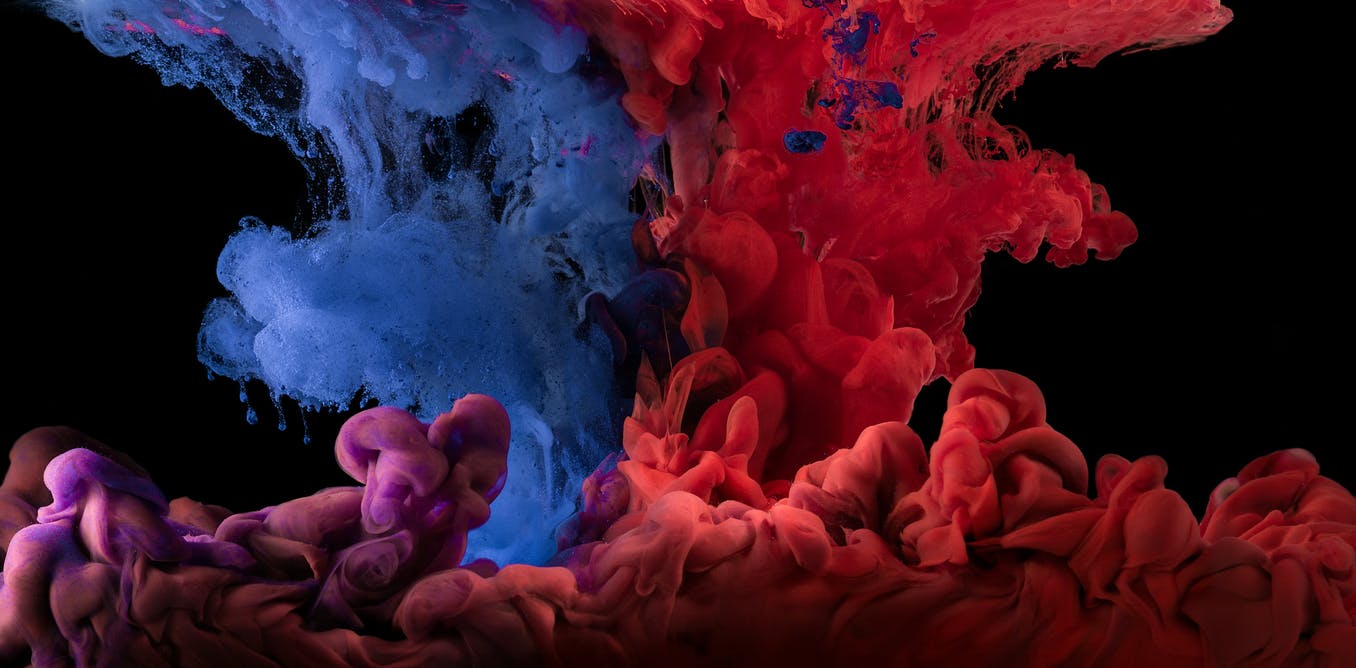
The Cost of Turmoil for Mediterranean Scientists
From a failed coup in Turkey, to prolonged financial crises in Greece and Spain, researchers in the region are struggling to keep up.
Why China Will Win the Global Race for Complete Ai Dominance
Kai-Fu Lee - a former Apple, Microsoft and Google executive turned investor - is placing big bets on machine learning. And China is leading the way.
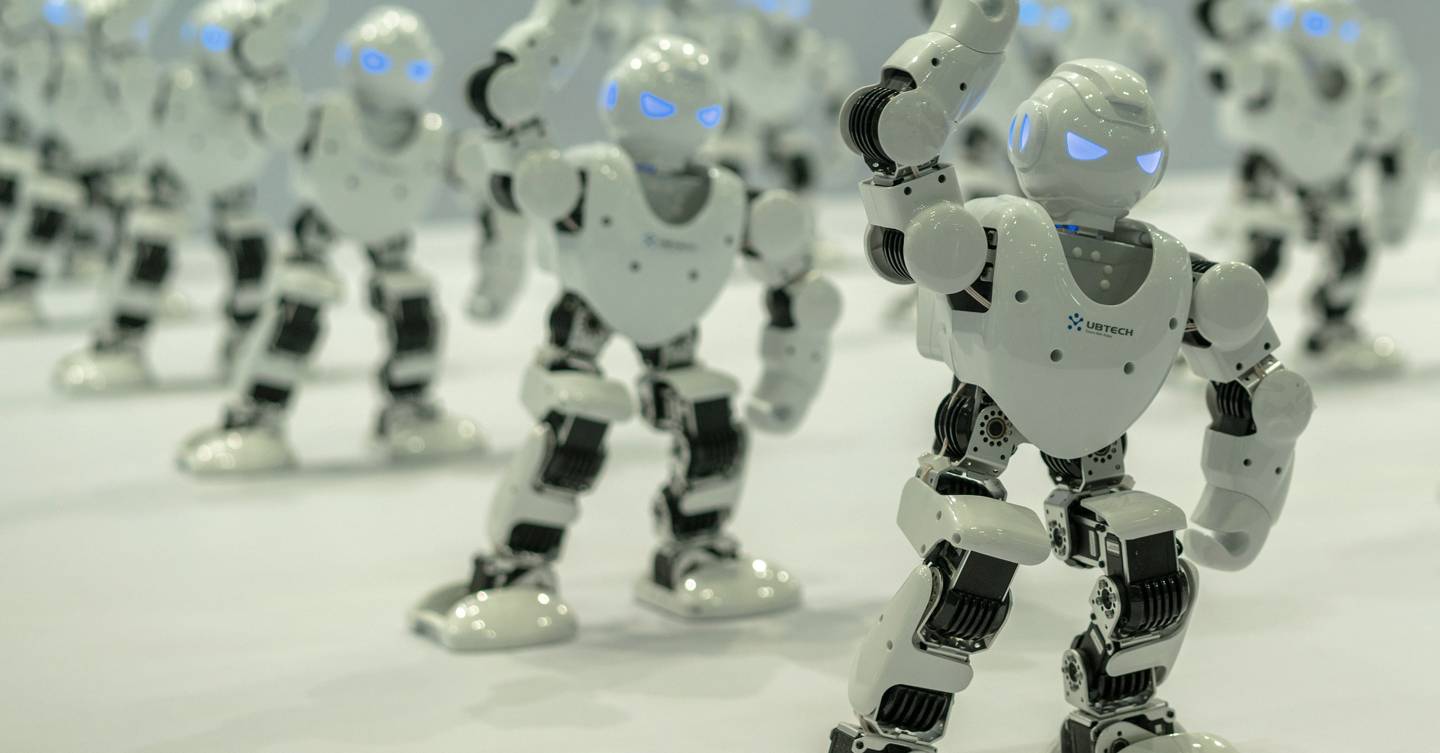
What’s Next for the European Open Science Cloud?
After being given the green light by research ministers earlier this year, an ambitious initiative to enable Europe’s 1.7 million researchers to share data and research tools is now on course to be launched before the end of the year. But what should the next steps be?
Loss of Trust? Loss of Trustworthiness? Truth and Expertise Today
Loss of Trust? Loss of Trustworthiness? Truth and Expertise Today
A discussion of how trust in expertise is placed or refused, highlighting the affective dimension of epistemic trust, and discussing the danger of a 'context collapse' in digital communication.
Open Science and Its Role in Universities: A Roadmap for Cultural Change
Open Science and Its Role in Universities: A Roadmap for Cultural Change
LERU's paper discussing the eight pillars of Open Science identified by the European Commission: the future of scholarly publishing, FAIR data, the European Open Science Cloud, education and skills, rewards and incentives, next-generation metrics, research integrity, and citizen science.
Against Metrics: How Measuring Performance by Numbers Backfires
By tying rewards to metrics, organisations risk incentivising gaming and encouraging behaviours that may be at odds with their larger purpose. The culture of short-termism engendered by metrics also impedes innovation and stifles the entrepreneurial element of human nature.
Virtual-reality applications give science a new dimension
Virtual- and augmented-reality tools allow researchers to view and share data as never before. But so far, they remain largely the tools of early adopters.
One Platform to Rule Them All?
In the digital era, each publisher has established its own content platform, to the detriment of the researcher experience. Discovery is fragmented, leading to substantial library investment in order to provide single-index whole-collection search.
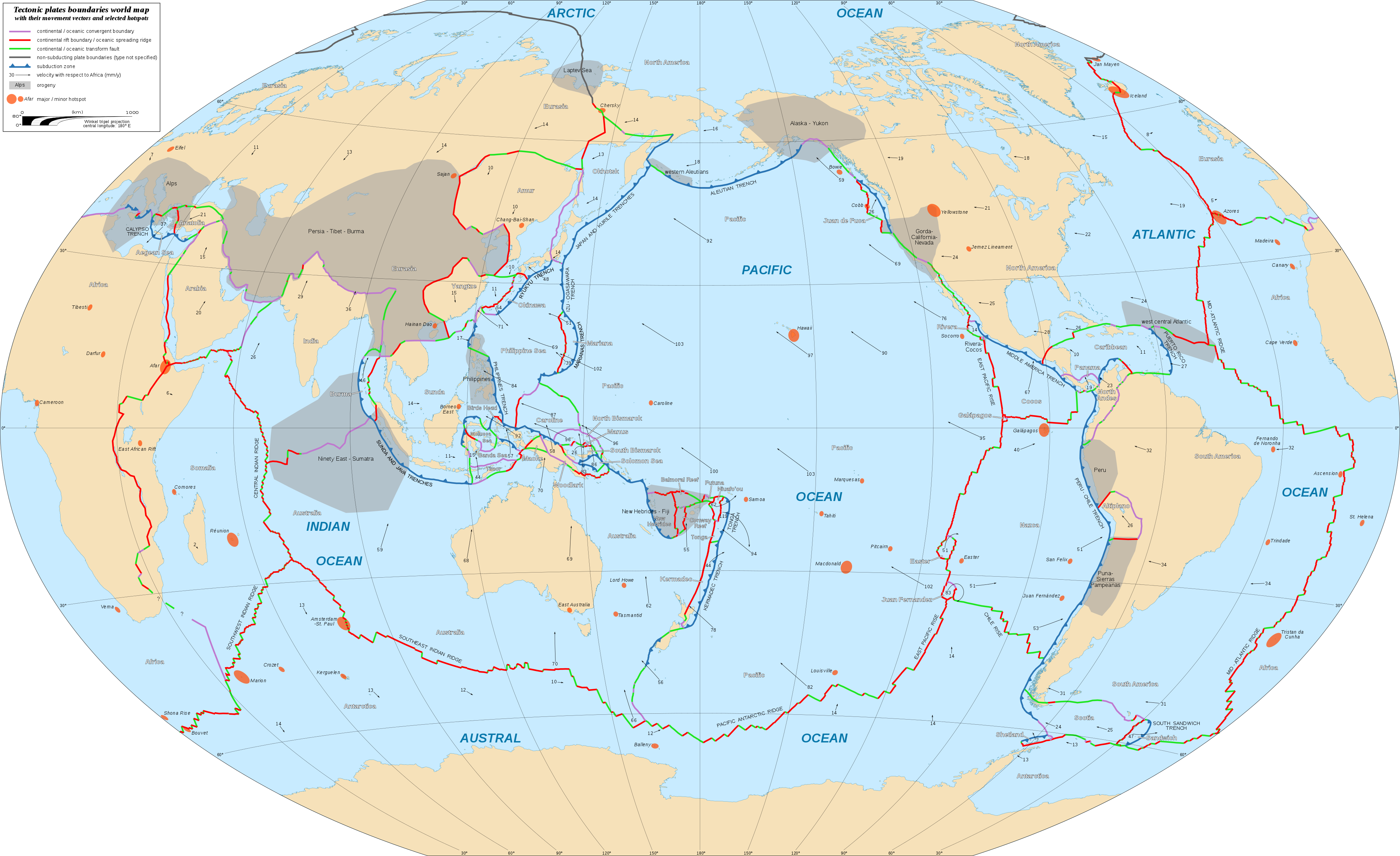
Understanding the Implications of Open Citations — How Far Along Are We?
Understanding the Implications of Open Citations — How Far Along Are We?
The academic discovery space seems to be buzzing again. This space has become relatively stable after the introduction and maturity of Web Scale Discovery between 2009-2013, but things seem to be hotting up once again
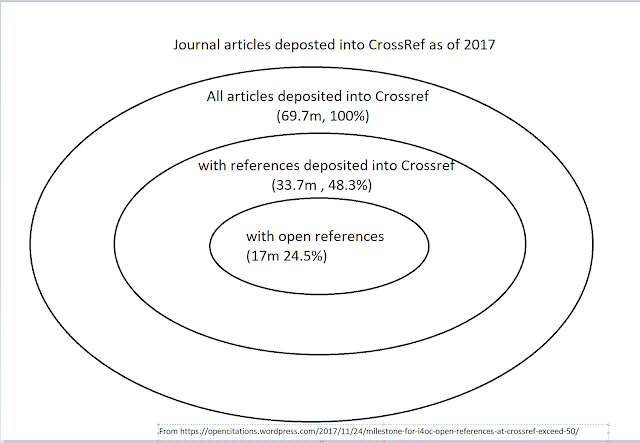
Research Deluge - Are Researchers Writing More yet Contributing Less?
Research Deluge - Are Researchers Writing More yet Contributing Less?
Sneha Kulkarni from Editage takes a look at the ever-increasing global scientific output, and asks questions about quantity versus quality.

Random Audits Could Shift the Incentive for Researchers From Quantity to Quality
One way to push back against the pressure to “publish or perish” is to randomly audit a small proportion of researchers and take time to assess their research in detail. Auditors could examine complex measures of quality which no metric could ever capture such as originality, reproducibility, and research translation.

The Citation Graph Is One of Humankind's Most Important Intellectual Achievements
The Citation Graph Is One of Humankind's Most Important Intellectual Achievements
When researchers write, we don't just describe new findings - we place them in context by citing the work of others. Citations trace the lineage of ideas, connecting disparate lines of scholarship into a cohesive body of knowledge, and forming the basis of how we know what we know.
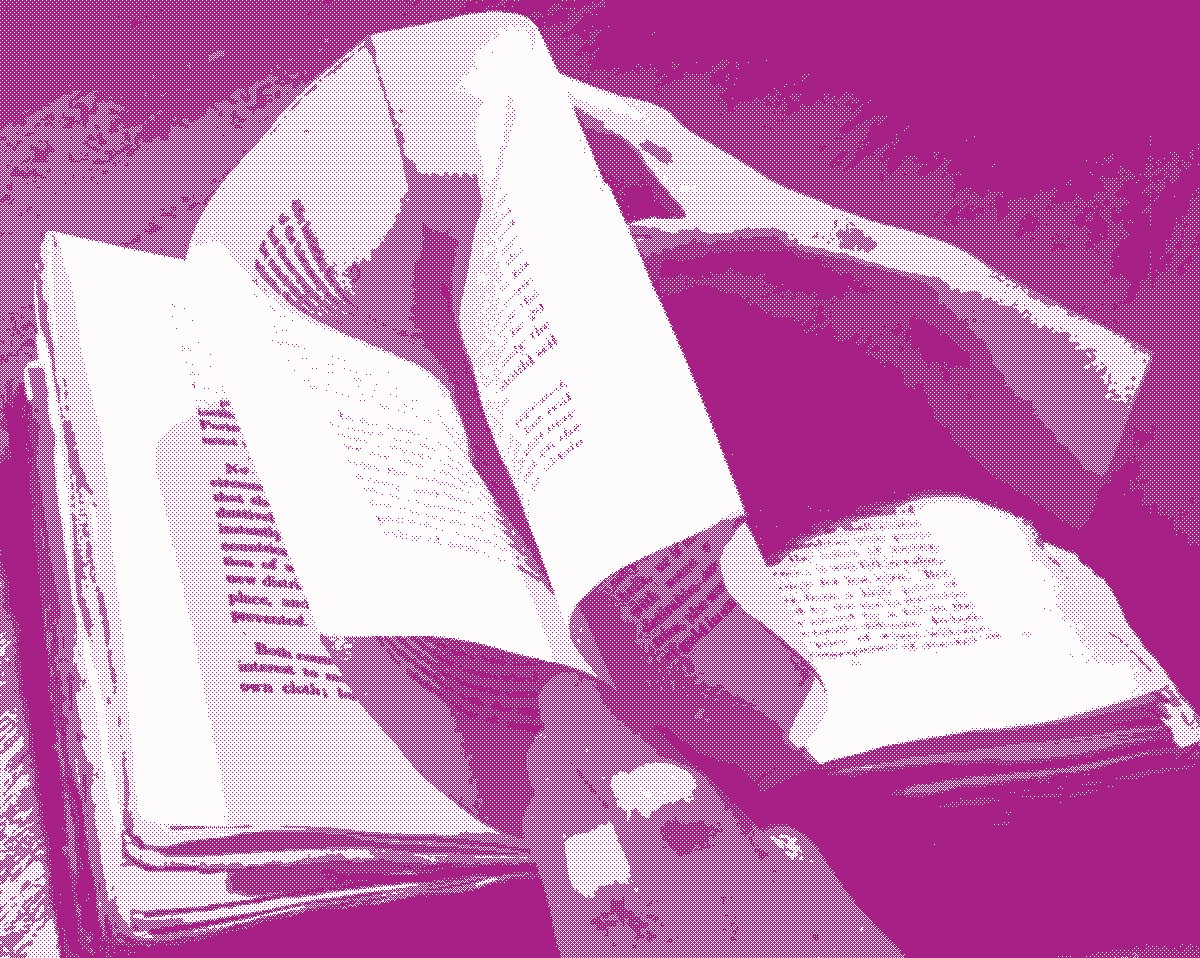
Is Science Hitting a Wall?
Economists show increased research efforts are yielding decreasing returns. Too much innovation veneration! One driver of the replication crisis is our culture’s growing obsession with “innovation.” As technology historians Lee Vinsel and Andrew Russell state in their influential Aeon essay Hail the Maintainers: “Entire societies have come to talk about innovation as if it were an inherently desirable value."
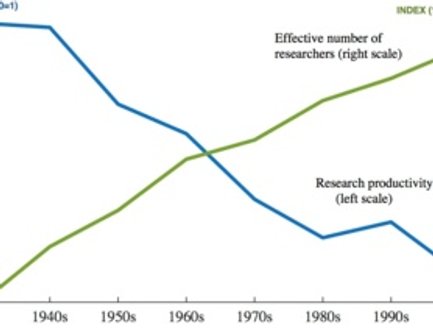
Seven Functionalities the Scholarly Literature Should Have
A short list of seven functionalities that academic publishers looking to modernize their operations might invest in; from unencumbered access and improved social components, to dynamic data visualisations and more precise hyperlinking.
